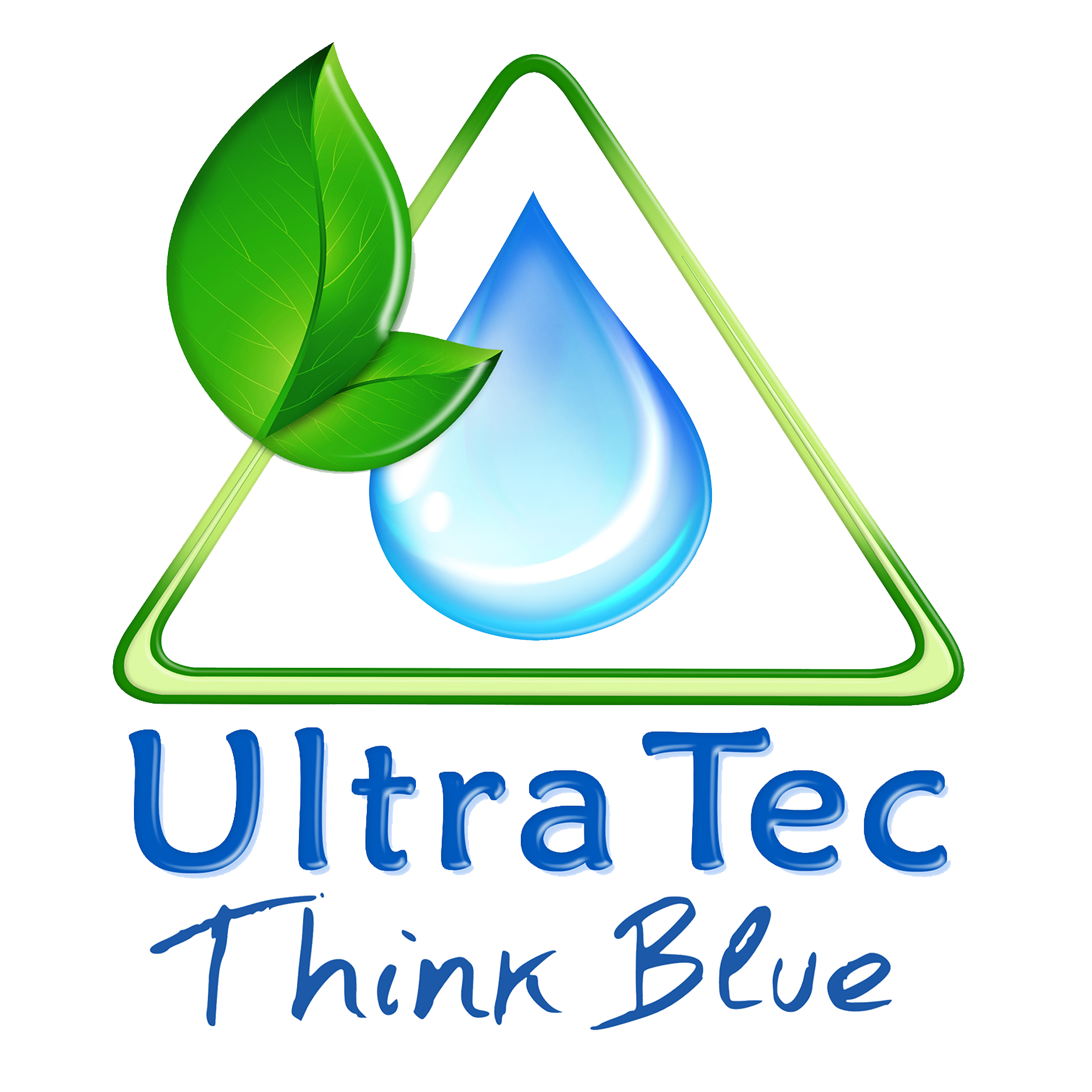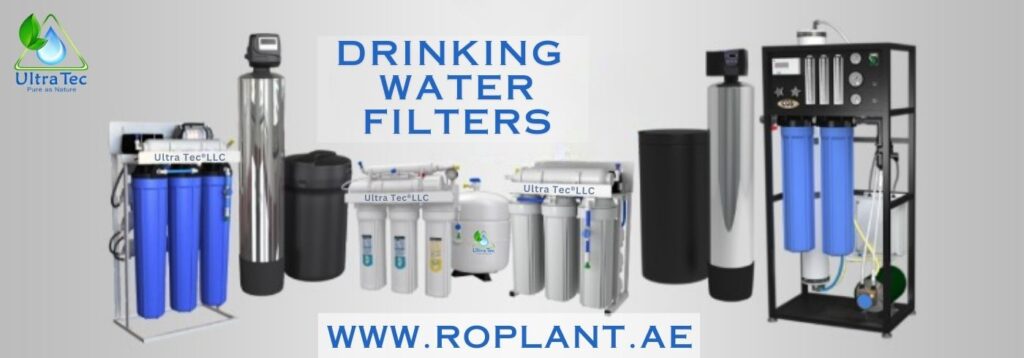Introduction
A drinking water filter is crucial for health, especially in areas where tap water may not be safe to drink. Fortunately, there are various methods to filter drinking water, ensuring its safety from contaminants. Different types of water filters are available in the market, each with its advantages and disadvantages. Depending on your specific requirements, one type of filter may be more efficient than another in purifying your drinking water. We will instruct you on the various types of drinking water filters in Dubai, UAE, and help you determine the most suitable option for your needs.
Many individuals are concerned about the quality of the water they consume. Drinking water filters play a vital role in ensuring our well-being. However, only some are aware that the presence of various chemicals and heavy metals can compromise the purity of their drinking water. This is where a water filter proves to be indispensable. It serves to purify water, making it safe for consumption, cooking, and cleaning. With multiple types of water filters available, selecting the most cost-effective option can be a challenge. We will examine the various types of drinking water filters and identify the most suitable choice.
What Is a Drinking Water Filter?
A drinking water filter is a device designed to eliminate impurities from water. Although several filter types are available, they all operate on a similar principle: removing contaminants from a liquid. These filters can effectively eliminate substances like bacteria, dirt, salts, chemicals, and unpleasant odors. Specifically, drinking water filters are used for treating water intended for consumption. People install drinking water filters as part of a water filtration system tailored to eliminate harmful contaminants. This treated water is then safe for drinking, cooking, and other domestic uses. Various technologies are employed in water filters to achieve this, ensuring the removal of diverse contaminants such as lead, parasites like giardia, pesticides, and even pharmaceutical drugs that might be present in the water supplyers.
Types of Drinking Water Filters
When selecting a drinking water filter, you can choose from several different types:
- Countertop Filters: These compact filters can be conveniently placed in your kitchen or on a countertop. They are slightly more expensive than pitcher filters.
- Pitcher Filters: This choice carries a higher cost but allows placement anywhere in your home.
- Point-of-Use Filters: These small devices can be attached to your faucet, providing a cost-effective solution, though they might be slightly more complicated to use.
The most cost-effective and efficient type of drinking water filter is the countertop filter, which is compact, easily placed in your kitchen, and cost-efficient.
What Kind of Drinking Water Filter Offers the Best Cost Efficiency?
The countertop water filter is the most cost-effective option among drinking water filters. It does not require additional equipment, only a pitcher and access to a faucet. It is simple to use, highly effective, easy to install, and low maintenance. Its convenience makes it the most economical choice.
1- Benefits of a Drinking Water Filter
The best and most cost-effective drinking water filter should be capable of removing impurities such as bacteria, chemicals, chlorine, nitrates, and fluoride. It should also have a filter with replaceable cartridges, allowing for quick replacement in minutes rather than needing to replace the entire unit.
2- Filters with Changeable Cartridges – Carbon and Ceramic:
Drinking water filters equipped with replaceable cartridges effectively trap contaminants as water passes through them. Carbon filters are cost-effective, user-friendly, and highly efficient in removing odors and reducing chlorine. Ceramic filters are equally easy to replace and more effective at removing harmful contaminants such as lead, chloroform, and pesticides.
3- UV Ultraviolet Disinfection Device:
UV ultraviolet disinfection devices work by eliminating pathogens in water through a chemical reaction. However, they are not effective at removing other contaminants. This cost-effective choice primarily suits regions with exceptionally polluted water.
4- Reverse Osmosis (RO):
RO filters remove contaminants by pushing water through a semipermeable membrane, which captures anything more significant than its pores. While RO filters are highly efficient at eliminating contaminants, they also remove essential minerals. They are relatively expensive and require frequent maintenance. RO filters are ideal for those who seek complete confidence in their water’s purity and wish to remove heavy metals, bacteria, and more.
5- Installed Bed Sedimentation (IBM):
Primarily used for industrial water filtration, IBM filters are typically installed near the water source to remove large contaminants before distribution. They are effective at removing significant pollutants like sediment, sand, and small debris, as well as harmful contaminants like lead. However, they are less effective at removing smaller contaminants and require regular maintenance.
6- Distillation:
Distillation involves evaporating water and then condensing it back into liquid form. This process can produce spotless water as it undergoes an additional purification step. Distilled water can be even purer than natural water because it is free from most contaminants, including heavy metals and radioactive elements. However, distillation requires specialized equipment and a substantial amount of energy, making it impractical for home use. It perfectly suits individuals who seek the highest level of assurance in the purity of their water.
Conclusion
Selecting the correct type of drinking water filters dubai is essential for safeguarding your health. A drinking water filter serves to eliminate contaminants from the water, including chlorine and unpleasant odors. Your choice of filter should align with the specific contaminants you aim to remove. Numerous filter types are available, each with its advantages and disadvantages. Depending on your unique needs, one type may prove more efficient than another in purifying your drinking water.

